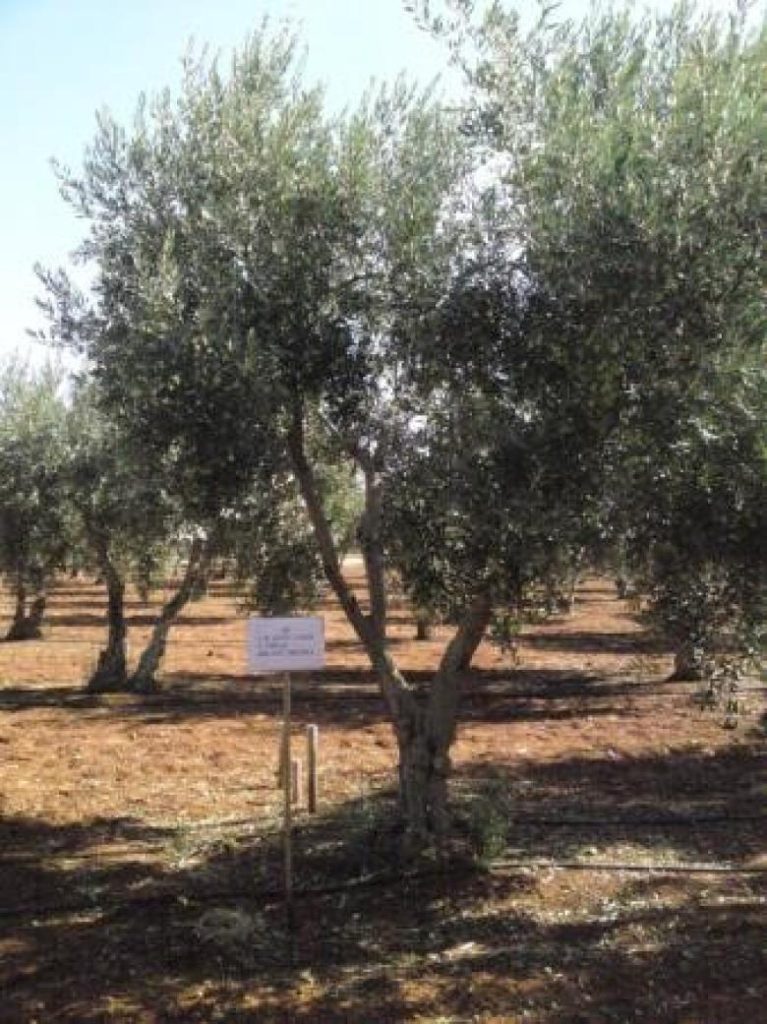Supplemental Irrigation (SI) is the application of limited amounts of water to essentially rainfed crops to improve and stabilize yields when rainfall fails to provide moisture for normal plant growth.
SI provides higher and more stable yields and significantly higher crop water productivity, significantly improving farmer’s income. SI helps address crop water needs beyond seasonal rainfall amounts and its nonuniform distribution. With SI adapts to global warming by modifying crop calendar to avoid unfavourable climate conditions.
SI is destined to farmers as a simple but highly effective package (cheap/low energy, optimal amount and timing of water application, appropriate fertilization and crop variety) that allows them to plant and manage crops at the optimal time considering climatic variability. It is implemented through intervention during dry spells and when precipitation is not enough for normal crop growth. This can be done by conventional surface irrigation or by sprinklers or drip.


